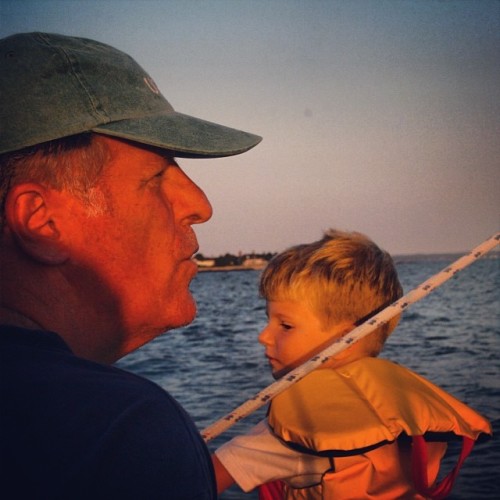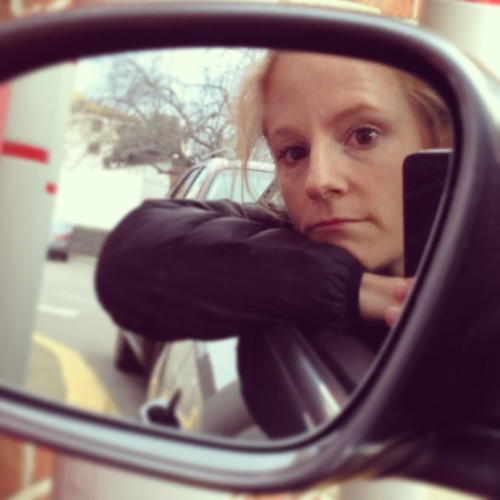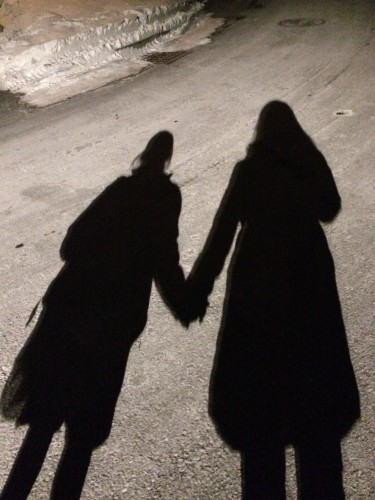
A few weeks ago, I took Whit to his nine year pediatrician appointment. As we waited to go in, I thought about the fact that it had been two full years since I wrote close to the surface after his seven year appointment. Two full years and two minutes, simultaneously.
Whit and his pediatrician had a lengthy discussion about physics, the universe, how many dimensions there really are, relativity, and the potential for a quantum computer. Incidentally, I love that Whit’s pediatrician casually quotes Richard Feynman in appointments with nine year olds. This explains a lot of why Whit (who recently heard mention of Einstein and said, “I know Einstein! He’s my favorite!”) so adores Dr. E.
I listened to them talking, and then watched as Dr. E listened to Whit’s invisible but extraordinary heart, and thought once again of the ways that at every edge science bleeds into mystery. In the world of the intellect, both the tiniest things – electrons, spinning one way and the other and communicating mysteriously across light years – and the largest ones – the existence of multiple universes – bump up against that which we cannot fully grasp.
My father is a physicist who is fascinated with poetry, art, and Europe’s great cathedrals. He understands this ineffable border, the slippage between logic and magic, the imperceptible and always-shifting line between what we can know and what we can’t grasp. As I’ve written before, my father’s unshakeable faith in the rational mind is matched by his profound wonder at the power of the ineffable. Who I am is indelibly shaped by having grown up in the space between those things.
At the outmost limits of science, where the world and its phenomena can be understood and categorized with equations and with right and wrong answers, there flits the existence of something less distinct, barely discernible. The finite and the infinite are not as distinct as we might think, and the way they bleed together enriches them both.
Whit reminds me of my father in many ways, most of all in the way he understands and esteems equally concrete math and science concepts and the most intangible notions, of memory and love and existence. That he relates to the former is easily demonstrated by his fascination with the periodic table or his comfort with his math homework. It is harder to explain how I know the latter to be true, but I do: now and then he will say or do something that evinces to me his familiarity with the shades-of-gray territory of the unknown that I myself walk so frequently.
Whit and I left the pediatrician’s office and walked back to the car. He held my hand. Even his hand, as solid as anything I know in the world, gripping mine back, contains that which is known and that which is not. Blood beating through veins, bones, cartilage, and chewed fingernails, but also the pulse of life itself, the ultimate mystery.


